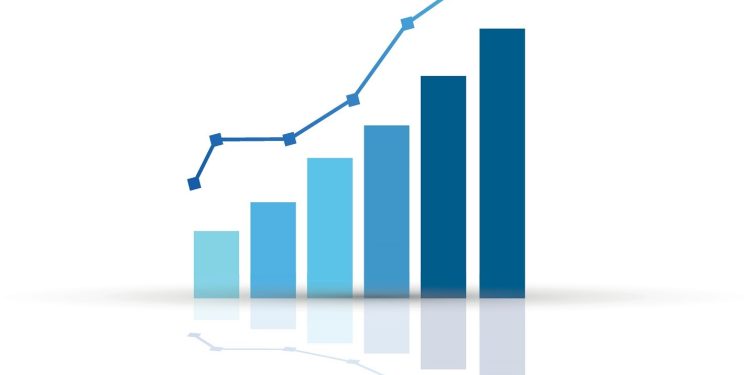South Africa’s automotive industry is bracing for a significant shift as reports indicate that the prices of new cars are poised to surge by up to 10%. This development comes against various economic factors, including supply chain disruptions and inflationary pressures. This article delves into the reasons behind this impending price increase and its potential impact on the South African car market.
Economic Dynamics at Play
The anticipated rise in new car prices in South Africa is intricately tied to the prevailing economic dynamics. Factors such as supply chain disruptions, fluctuations in raw material costs, and inflation have converged to create an environment conducive to price adjustments. These elements collectively contribute to the challenges manufacturers and importers face, prompting them to consider recalibrating their pricing strategies.
Supply Chain Disruptions
A crucial driver behind the projected price increase is the disruption in global supply chains. The COVID-19 pandemic has wreaked havoc on logistics and production schedules, causing delays in delivering vital components required for automobile manufacturing. These bottlenecks have escalated costs and hindered the seamless assembly of vehicles, thereby impacting overall production efficiency.
Escalating Raw Material Costs
The automotive industry’s dependence on raw materials, such as steel and plastics, has made it susceptible to the ripple effects of rising commodity prices. Fluctuations in the costs of these essential inputs have translated into increased manufacturing expenses. As a result, car manufacturers are left with little choice but to pass on these additional costs to consumers through higher vehicle prices.
Inflationary Pressures
The broader economic landscape characterized by inflationary pressures has added to the automotive sector’s challenges. As the general cost of living rises, purchasing power weakens, impacting consumers’ ability to make major investments, including buying new cars. This phenomenon further underscores the delicate balance manufacturers must maintain between competitive pricing and sustaining their operations.
Impact on Consumer Behavior
The expected increase in new car prices will likely influence consumer behavior within the South African car market. Potential car buyers may reconsider their purchase decisions or opt for lower-priced models to mitigate the financial strain. This shift in consumer preferences could reshape the demand landscape and impact the sales strategies of car dealerships and manufacturers.
Navigating Market Competition
As the industry braces for a potential price hike, car manufacturers face the challenge of maintaining their competitive edge. Striking the right balance between pricing and value proposition becomes crucial in retaining customer loyalty and attracting new buyers. Innovative financing options and added value features are key differentiators in this competitive landscape.
Potential for Industry Innovation
While the projected price increase poses challenges, it also allows industry players to innovate. Car manufacturers could explore ways to optimize production processes, enhance supply chain resilience, and integrate cost-effective technologies without compromising quality. Such innovations could offset rising costs and position the industry for sustained growth.
Looking Ahead
As the South African automotive sector navigates the complex terrain of rising costs and economic uncertainties, the industry’s stakeholders must collaborate to find pragmatic solutions. From manufacturers and dealerships to policymakers and consumers, a concerted effort is needed to ensure that the sector remains resilient and adaptable in the face of evolving challenges.
Conclusion
The anticipated up to 10% increase in new car prices in South Africa is due to economic factors, including supply chain disruptions, escalating raw material costs, and inflationary pressures. As the industry faces these challenges, stakeholders must work together to navigate the changing landscape. While the projected price surge may reshape consumer behavior and competition dynamics, it allows industry players to innovate and strategize for sustained growth. The South African automotive sector can emerge stronger and more adaptable in these economic shifts through collaboration and innovation.





